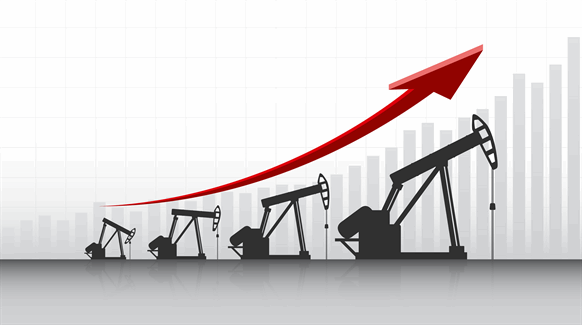
London — Oil prices extended a bull run on Tuesday after the EU agreed to a partial ban on Russian oil and China decided to lift some coronavirus restrictions amid rising demand ahead of peak U.S. and European summer driving season.
Brent crude for July, which expires on Tuesday, rose $2.31, or 1.9%, to $123.98 a barrel by 0823 GMT, after earlier rising to $124.10 – its highest since March 9. The more active August contract rose $2.44 to $120.04.
U.S. West Texas Intermediate (WTI) crude was trading at $119.34 a barrel, up $4.27 in a fourth session of gains in a row, or 3.7% from Friday’s close, hitting its highest since March 9. There was no settlement on Monday due to a U.S. public holiday.
Both July-loading contracts are set to end May as the sixth straight month of rising prices.
European Union leaders agreed in principle to cut 90% of oil imports from Russia by the end of 2022, the bloc’s toughest sanction yet on Moscow since the invasion of Ukraine three months ago.
The embargo exempts pipeline oil from Russia as a concession to Hungary.
“As two-third of the Russian crude oil exports are seaborne around 1.5 million barrels per day (bpd) of oil will need to be replaced by the EU,” PVM analyst Tamas Varga said.
“This volume is actually closer to 2.1-2.2 million bpd as both Poland and Germany are planning to phase out pipeline purchases by the end of the year.”
Oil prices draw further support as Shanghai has announced an end to its two-month-long COVID-19 lockdown,and will allow the vast majority of people in China’s largest city to leave their homes and drive their cars from Wednesday.
On the production side, OPEC+ is set to stick to a modest July output hike by 432,000 barrels per day, six OPEC+ sources said, rebuffing Western calls for a faster increase to lower surging prices.
*Shadia Nasralla, Jeslyn Lerh; editing: Carmel Crimmins – Reuters
Follow us on twitter



